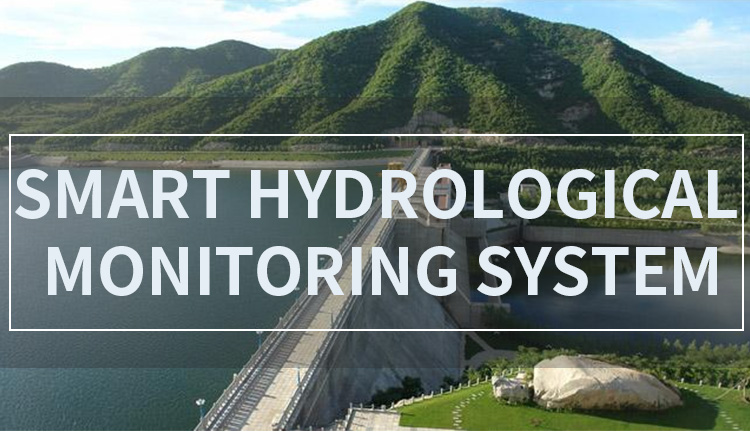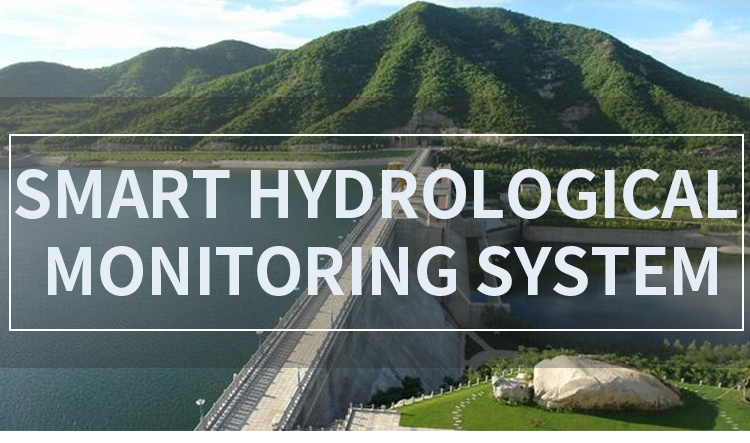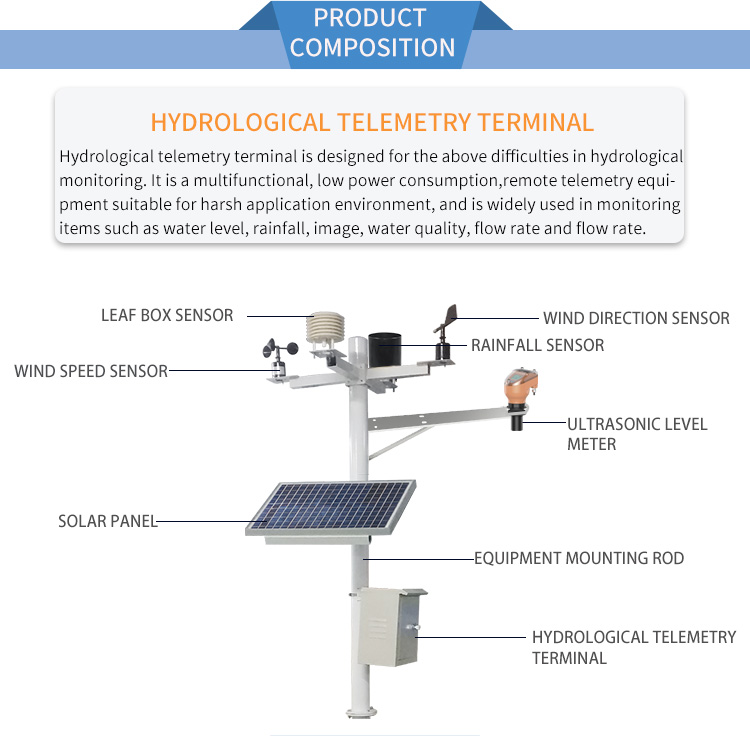
The Importance of Water Quality Monitoring Systems
This is why water quality monitoring systems are so essential. These systems play a key role in ensuring that our water sources are safe, healthy, and sustainable for all of us.

This is why water quality monitoring systems are so essential. These systems play a key role in ensuring that our water sources are safe, healthy, and sustainable for all of us.
Access to clean and safe water is a fundamental human right. However, in many parts of the world, water sources are contaminated with a variety of pollutants, including pathogens, heavy metals, and chemicals. These contaminants can pose serious health risks to humans and wildlife, and can also have a detrimental effect on ecosystems.

This is why water quality monitoring systems are so essential. These systems play a key role in ensuring that our water sources are safe, healthy, and sustainable for all of us.
Here are some of the reasons why water quality monitoring systems are so important:
Protecting Public Health
Water quality monitoring systems are critical in protecting public health. By continuously monitoring water sources for contaminants, these systems can alert authorities to any issues promptly. This allows for timely interventions to be implemented, such as water treatment or source protection measures.
Identifying Contaminant Sources
Water quality monitoring systems are also essential in identifying the sources of contaminants. By tracking the presence and levels of different pollutants, these systems can locate the point of origin of the contamination. This information can then be used to implement targeted solutions to prevent further contamination.
Maintaining Ecosystem Health
Water quality monitoring systems play a crucial role in maintaining ecosystem health. By monitoring water quality parameters such as pH, temperature, dissolved oxygen, and nutrient levels, these systems can help identify changes that may be harmful to aquatic life. This information can then be used to guide management decisions and protect aquatic ecosystems.
Supporting Sustainable Resource Management
Water quality monitoring also supports sustainable resource management. By tracking changes in water quality over time, these systems can help identify long-term trends and potential threats. This information can then be used to develop strategies for sustainable water resource management, including water allocation and conservation measures.
Meeting Regulatory Requirements

Water quality monitoring systems are often required by regulatory bodies to ensure compliance with environmental standards. These standards may be set for drinking water, wastewater discharges, or other types of water use. Through continuous monitoring, these systems help ensure that water quality standards are met and maintained.
In conclusion, water quality monitoring systems are essential tools in ensuring that our water sources are safe, healthy, and sustainable. By tracking changes in water quality over time, identifying sources of contamination, maintaining ecosystem health, supporting sustainable resource management, and meeting regulatory requirements, these systems play a critical role in protecting public health and the environment. As water resources become increasingly scarce and vulnerable to pollution, the importance of water quality monitoring systems will only continue to grow, making them an essential tool for sustainable development.